Slanted FlyingJournal of Tai Chi Chuan
Training
Memorizing Those Annoying Basics Is The Road To Mastery
In one of his continuing education seminars, Bob Flaws (acupuncturist, Chinese herbalist, author, and expert in Traditional Chinese Medicine) said, “Mastery of anything is simply mastery of the basics.”
It is an extremely accurate statement, and very simple. In many ways, this statement is like watching an expert practice Tàijíquán. The movements appear slow and simple, but are far more profound than what you see at first glance. This statement is the same. It hints at the true dedication and enormous effort it means to “master” anything.
Take traditional education, for example. Grade school, middle school, high school, and even undergraduate are all designed to hammer home basic information about various topics. It’s is not until grad school or post graduate work that a person might take the information from several basic sources and mold it into something new and exciting.
In many ways, the study of Tàijíquán is the same. Mastery of Tàijíquán basics leads to the ability to synthesize new ideas from remedial material that we know like the back of our hands. Look at masters who have taken what they know and transformed it, such as Cheng Man Ching, who took traditional Yang style and made it into a new style entirely.
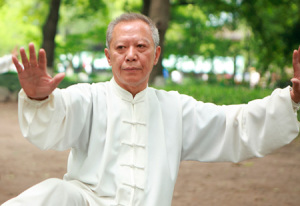 Sadly, and particularly here in the United States, I have noticed a huge obstacle to this type of mastery.
Sadly, and particularly here in the United States, I have noticed a huge obstacle to this type of mastery.
Education of the 21st century, particularly in the United States has moved away from dogged memorization of facts. Instead, it emphasizes the big picture, concepts, and relationships. Many schools allow counting on fingers or calculator use, which has replaced basic arithmetic skills or rote memorization of times tables. This new concept of education, however, is a danger to “mastering” Tàijíquán.
In the early days of my own Tàijí education, I went through countless stretches, warm-ups, movement drills, and stance work. All this was designed to give me a firm foundation in the later movements of the form.
My teachers, who were very traditional, often had me freeze in place, holding a position as they walked around class and moved everyone’s body into the correct alignment. The idea being that long periods of maintaining the correct pose would lead to muscle memory, which in turn would mean that improper movements would suddenly feel “wrong.”
Sadly, I have seen countless modern teachers abandon this method of teaching only to offer a class wherein the student simply follows along with the form until they can produce the same movements with somewhat reasonable accuracy. I have even seen teachers who barely understand Tàijíquán basics change the form they teach, adding or subtracting movements at a whim, or combining Tàijíquán with yoga or dance.



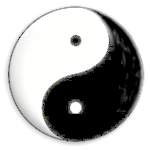
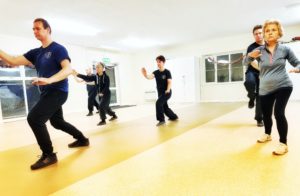
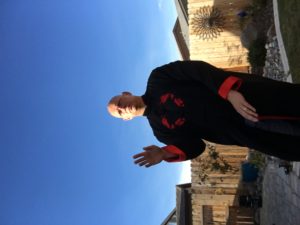
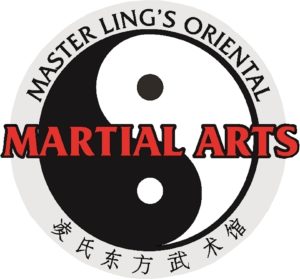
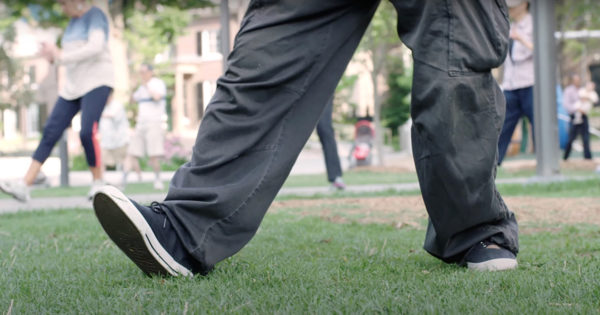
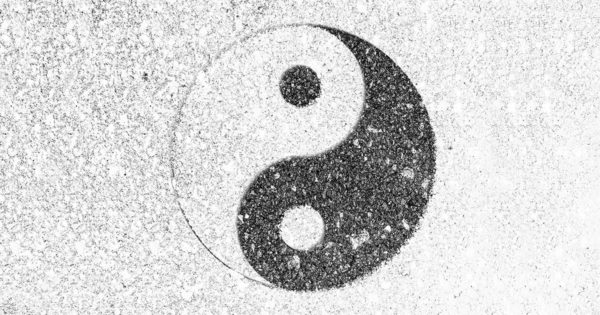

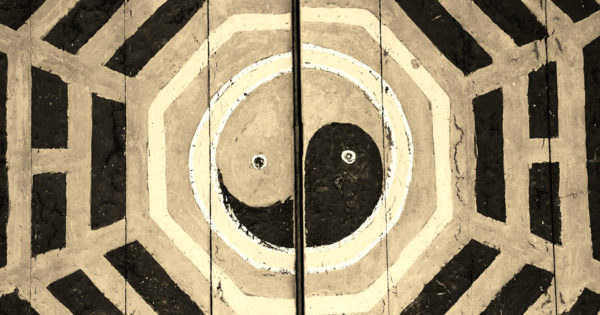



One thought on “Memorizing Those Annoying Basics Is The Road To Mastery”